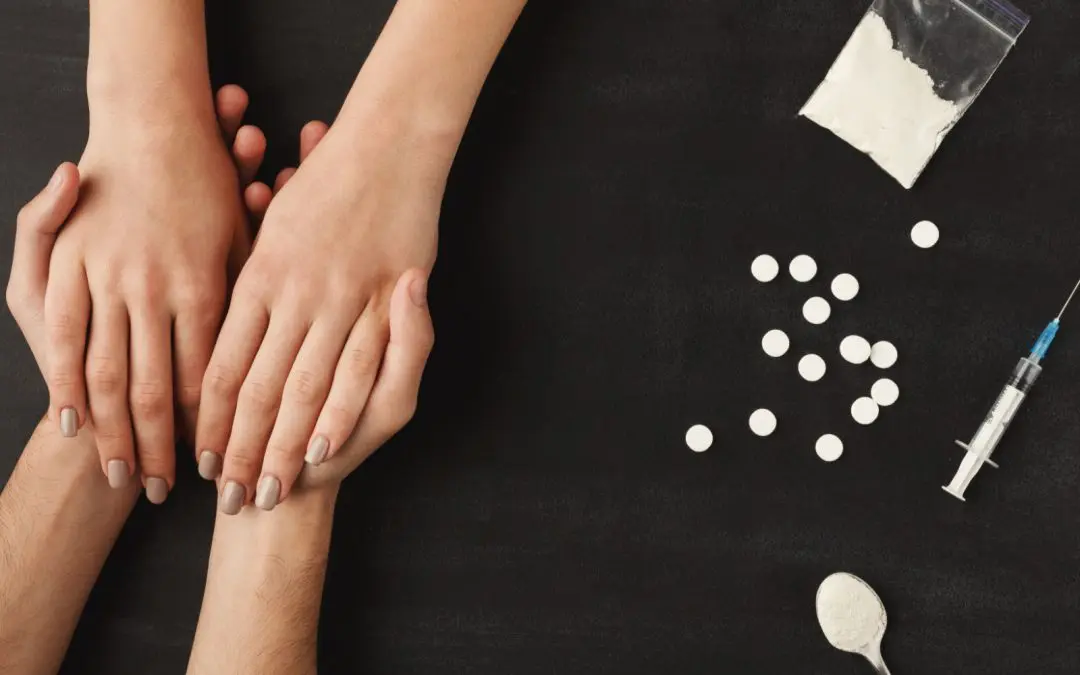24/7 Helpline:
(866) 899-111424/7 Helpline:
(866) 899-1114
Learn more about PTSD Treatment centers in Sylvester
Other Categories in Sylvester

Other Insurance Options

Magellan Health

BlueCross

American Behavioral

Medical Mutual of Ohio

Carleon

CareFirst

Optum

Absolute Total Care

CareSource

Providence

ComPsych

Cigna

Multiplan

Ceridian

AllWell

WellPoint

Kaiser Permanente

UnitedHealth Group

Horizon Healthcare Service

EmblemHealth









